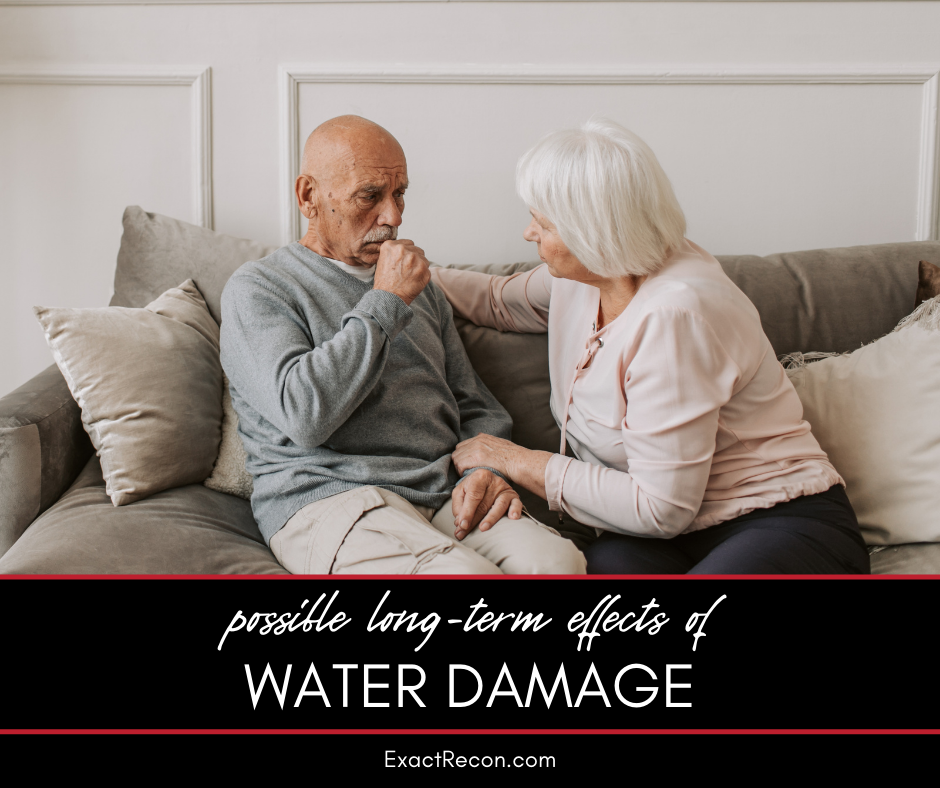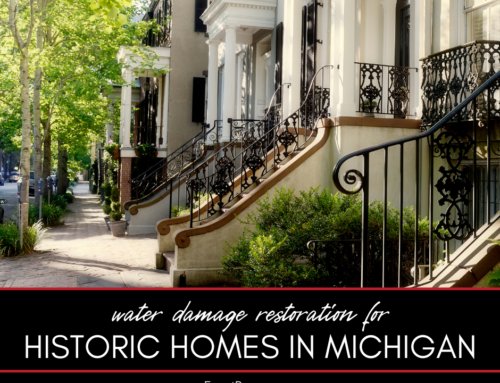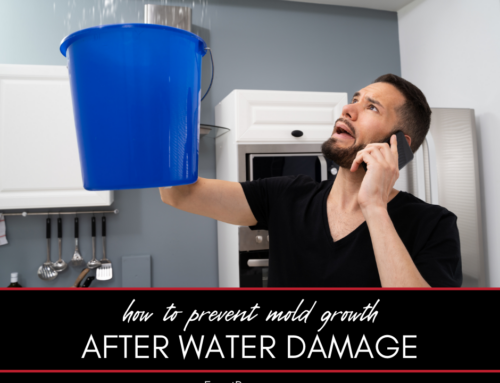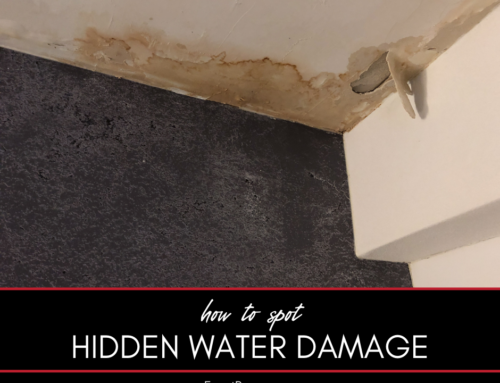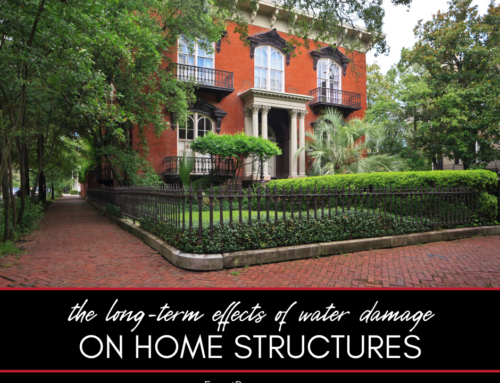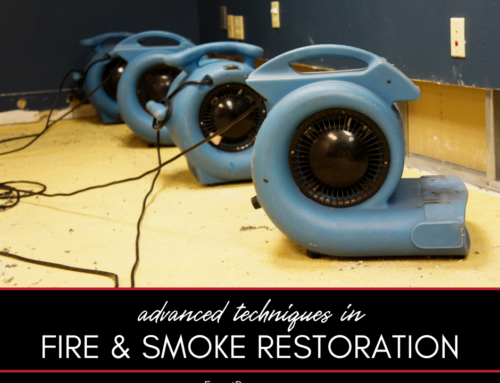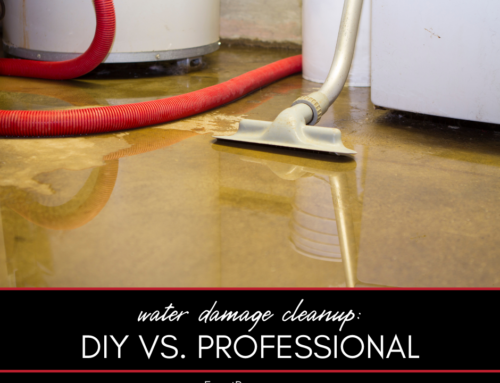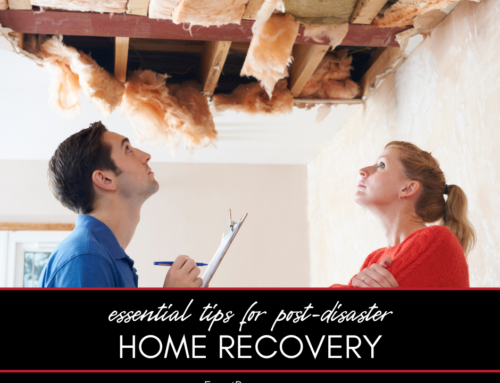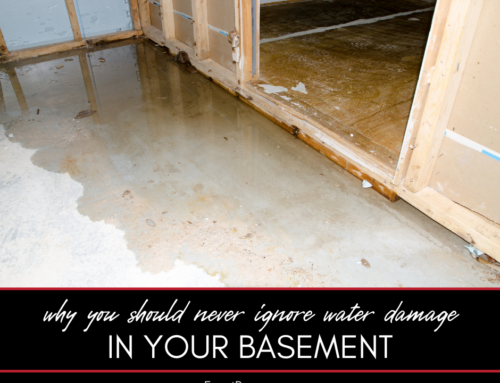Water damage is more than just a temporary inconvenience. If not addressed promptly, it can lead to long-term issues that can compromise the integrity of your home and the health of its inhabitants. While the immediate aftermath of water damage can be overwhelming, understanding the importance of timely remediation can save you from future headaches and expenses.
The Lasting Impact of Water Damage
Water damage isn’t just about soggy carpets and wet walls. The real danger lies in what happens if it’s not addressed quickly and effectively. This guide covers:
- Structural damage and safety risks
- Mold growth and health concerns
- Decreased property value
- Compromised electrical systems
- Damage to personal belongings
Here’s a closer look at each.
Structural Damage and Safety Risks
Water can weaken the foundational structures of your home. Over time, this can lead to sagging floors, crumbling walls, and even a collapsing roof. The longer water sits, the more damage it can cause, making your home unsafe for habitation.
Mold Growth and Health Concerns
One of the most significant risks of untreated water damage is mold growth. Mold thrives in damp environments and can spread rapidly. Exposure to mold can lead to respiratory issues, allergic reactions, and other health problems, especially for those with compromised immune systems.
Decreased Property Value
Untreated water damage can significantly decrease your home’s market value. Potential buyers are often wary of homes with a history of water damage, fearing hidden issues and future repair costs.
Compromised Electrical Systems
Water and electricity are a dangerous combination. Water damage can corrode wiring, leading to electrical shorts and fire hazards. It’s crucial to have your electrical system inspected after any significant water intrusion.
Damage to Personal Belongings
Beyond the structural damage, water can ruin personal belongings, from cherished family photos to expensive electronics. While some items can be restored, others might be lost forever.
FAQ About the Effects of Water Damage
Here are some frequently asked questions about the effects of water damage. If you don’t see the answers you’re looking for here, please call our office. We’re here to help.
How Quickly Can Mold Grow After Water Damage?
Mold can start growing within 24 to 48 hours after water exposure, depending on the conditions.
Can Water Damage Affect My Home’s Air Quality?
Yes, untreated water damage can lead to mold and mildew growth, which can degrade indoor air quality and pose health risks.
Is It Safe to Stay in My Home After Water Damage?
It depends on the extent of the damage. For minor issues, it might be safe. However, for significant damage or suspected mold growth, it’s best to relocate temporarily.
How Can I Prevent Future Water Damage?
Regular maintenance, inspecting for leaks, ensuring proper drainage, and addressing issues promptly can help prevent future water damage.
What Should I Do First After Discovering Water Damage?
First, ensure your safety. Then, stop the source of the water, if possible, and contact a professional remediation specialist.
Your home is a significant investment, both financially and emotionally. Water damage can threaten that investment, but with timely remediation, you can protect your home and your well-being. If you’re facing water damage, don’t wait. The professionals at Exact Recon are here to help you navigate the remediation process and ensure your home is safe and sound.
Do You Need a Disaster Remediation Expert in Washtenaw County or Jackson County?
If your home has already been damaged, we can help. Check out our services and call Exact Recon for your free disaster remediation quote today. We offer:
- Water damage restoration
- Mold removal and remediation
- Fire and smoke restoration
- Sewer cleanup and disinfecting
- Reconstruction
- Wind and storm damage repair

